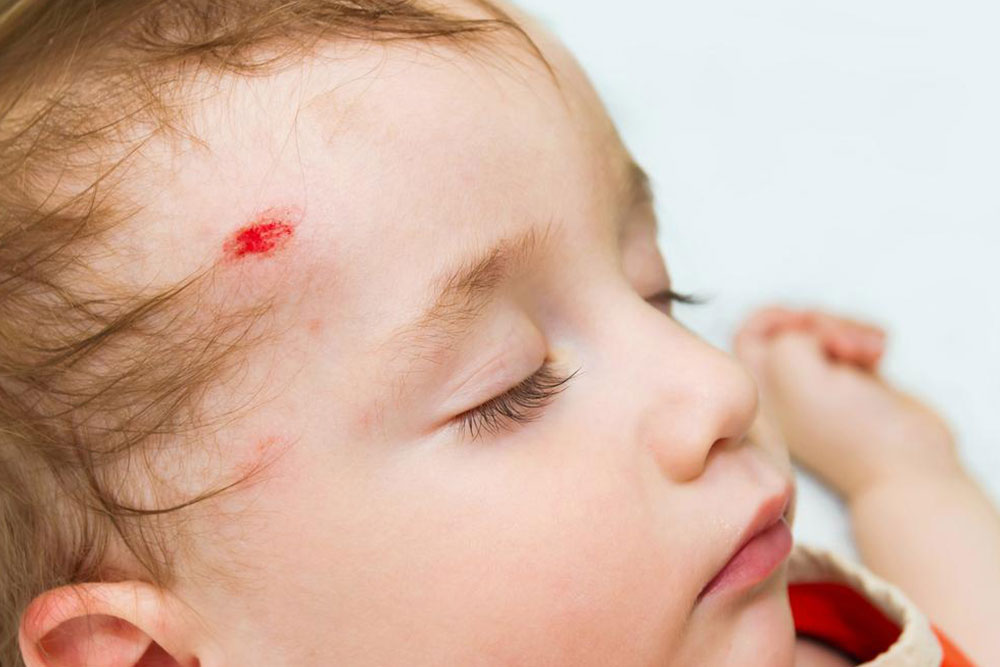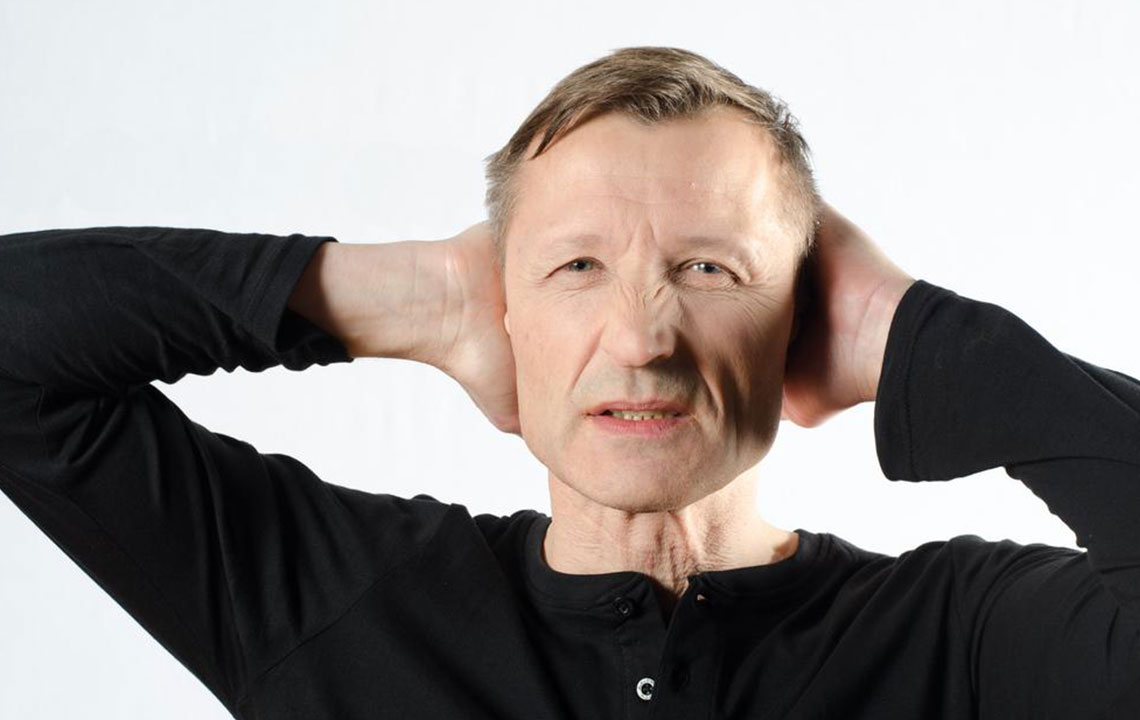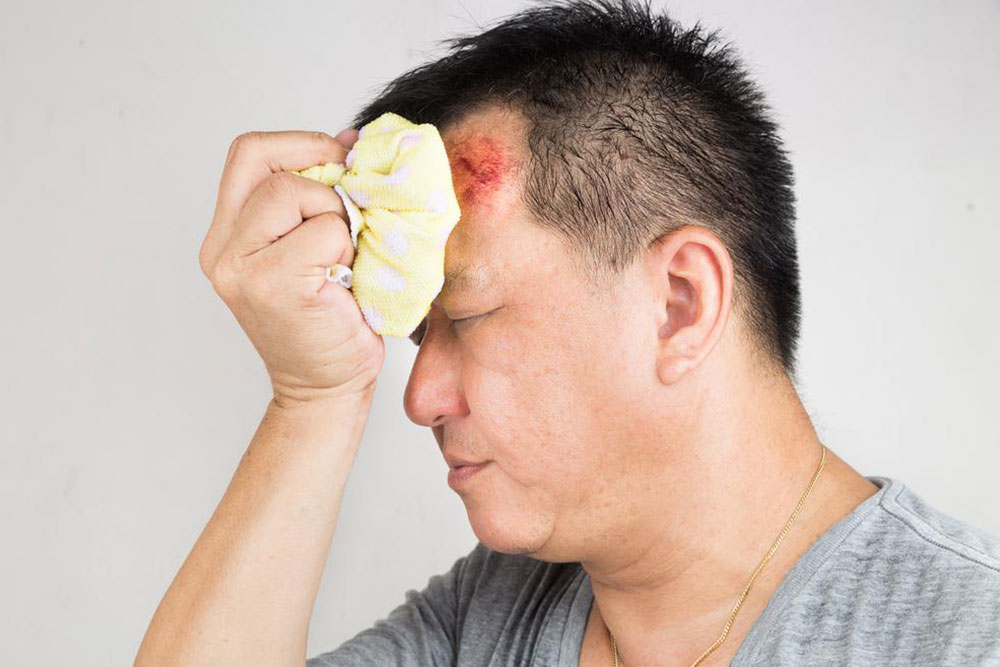Signs and Symptoms of Head Injuries in Adults and Children
This article highlights key signs and symptoms of head injuries in both adults and children, emphasizing the importance of prompt diagnosis. It covers cognitive, behavioral, sensory, and physical indicators, along with specific considerations for children. Recognizing these symptoms early can ensure timely medical intervention, reducing potential complications from head trauma. The guide aims to educate readers on the various manifestations of head injuries and underscores the need for professional evaluation after any head trauma incident.

Signs and Symptoms of Head Injuries in Adults and Children
Head trauma can present with a variety of signs, from visible physical marks to psychological and behavioral changes. Accurate diagnosis is crucial, regardless of injury severity—mild, moderate, or severe. While some symptoms appear immediately after injury, others may develop over days. Common indicators are outlined below.
Cognitive Signs
These encompass mental and psychological issues such as memory lapses, difficulty concentrating, mood fluctuations, depression, and anxiety. Additional symptoms include speech difficulties, confusion, impaired comprehension, recognition problems, partial amnesia, agitation, slurred speech, and coma.
Behavioral and Emotional Changes
Certain head injuries lead to abnormal behaviors such as excessive crying or laughter, irritability, aggression, impulsiveness, repetitive actions, and lack of restraint.
Sensory Symptoms
Sensory issues are common, including blurred vision, ringing in ears, bad taste, changes in smell, and heightened sensitivity to light and sound.
Physical Indicators
Physical symptoms vary from mild to severe and may include persistent headaches, seizures, nerve damage, bleeding, muscle stiffness, bruising, fractures, and other signs.
Loss of consciousness
Prolonged nausea or vomiting
Fluid drainage from ears or nose
Numbness in fingers or toes
Difficulty waking up
Pupil dilation
Dazed or disoriented state
Extreme fatigue or drowsiness
Balance or coordination issues
Insomnia or sleep disturbances
Prolonged sleep episodes
Head Injury Symptoms in Children
Young children and infants are especially vulnerable to falls, making prompt attention essential. While they may not communicate symptoms clearly, parents should observe behavioral and physical changes. Persistent crying, irritability, altered sleep or eating habits, loss of interest in toys, or unexplained fussiness can indicate head injury. Consulting a healthcare professional immediately is advised if symptoms are present.










